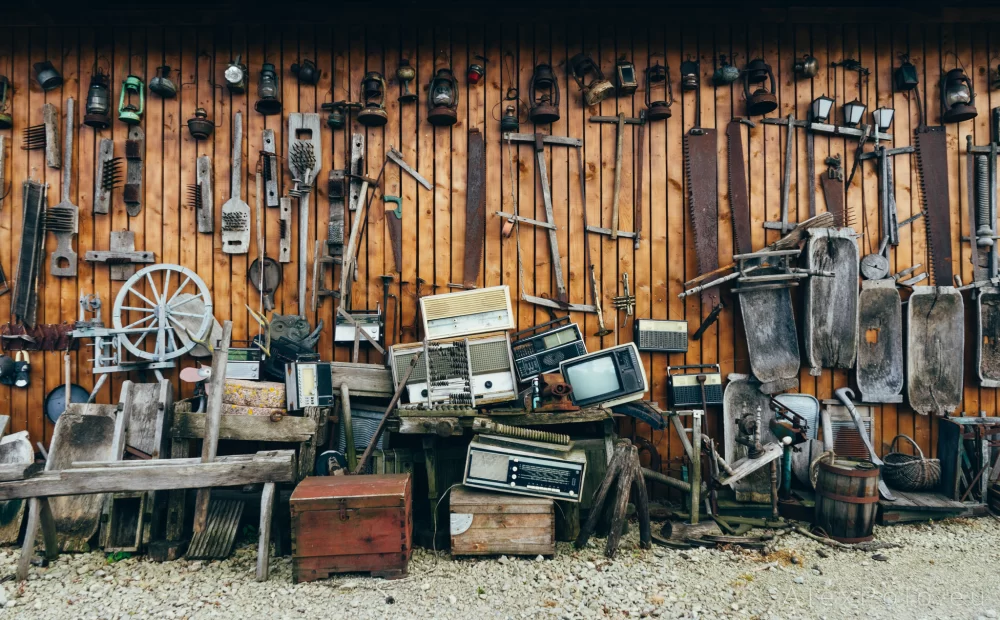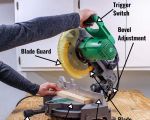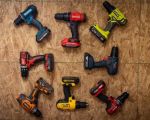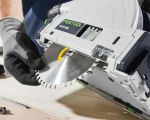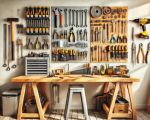1. Introduction: Why Having the Right Tools Matters for Minor Electrical Jobs
As a DIY enthusiast or a homeowner, there are times when tackling minor electrical jobs around the house can be both rewarding and cost-effective. Whether it’s fixing a broken outlet, installing new light fixtures, or troubleshooting a faulty switch, having the right tools can make all the difference between a successful repair and a frustrating experience.
Many people shy away from electrical repairs due to safety concerns or a lack of the proper tools. But with the right equipment and some basic knowledge, you can safely handle many minor electrical jobs yourself. In this article, I’ll take you through the must-have tools for minor electrical jobs, share some real-life examples of when these tools came in handy, and explain why each tool is essential for electrical repairs.
2. Essential Tools for Minor Electrical Jobs
When it comes to electrical repairs, there are a few key tools that every DIYer should have in their toolbox. These tools will not only help you tackle minor electrical issues around the house, but they’ll also ensure that you’re working safely and efficiently. Here’s a breakdown of the must-have tools for minor electrical jobs:
2.1 Multimeter
One of the most essential tools for any electrical job, big or small, is a multimeter. This handy device measures electrical values like voltage, current, and resistance. It’s invaluable for diagnosing electrical issues, such as determining if a circuit is live or checking whether an outlet is working properly.
I remember using my multimeter to troubleshoot a faulty outlet in my kitchen. The outlet wasn’t supplying power, and I couldn’t figure out why. With the multimeter, I quickly determined that the circuit breaker had tripped, which was an easy fix. Without the multimeter, I would have wasted time trying to test the outlet with a lamp or a basic voltage tester.
Multimeters come in different types, but a basic digital multimeter is all you need for most home electrical tasks. They’re easy to use, relatively affordable, and can save you from making mistakes that could be dangerous.
2.2 Voltage Tester
A voltage tester is a must-have tool for ensuring that the electrical system you’re working on is de-energized before you begin your repair. It’s essential to check for voltage in outlets, switches, and wires to confirm that the power is off and to avoid electrical shock.
I’ve used a voltage tester many times when working on outlets or light switches. Before handling any wiring, I always use the tester to confirm that there’s no live voltage. It’s a simple tool, but it’s incredibly effective in ensuring your safety during electrical work.
There are two main types of voltage testers: contact and non-contact. Non-contact voltage testers are especially convenient because they allow you to test for voltage without making direct contact with the wire, offering an extra layer of safety.
2.3 Screwdrivers
A set of screwdrivers is essential for working with electrical outlets, switches, and light fixtures. Many electrical components, such as receptacles and light switches, are secured with screws, so having the right size and type of screwdriver is crucial for completing the job efficiently.
I always keep a set of insulated screwdrivers in my toolbox, which are designed to protect you from electrical shock when working with live circuits. These screwdrivers have a layer of insulation around the handle, making them safer to use in electrical environments.
You’ll want to have both flathead and Phillips screwdrivers, as different electrical fixtures may require different types of screws. Having a set of these tools on hand will save you the hassle of searching for the right tool mid-project.
2.4 Pliers
Pliers are another crucial tool for electrical jobs. They’re used to grip, twist, cut, or bend wires, and they come in several different varieties, such as needle-nose pliers and cutting pliers.
I remember using needle-nose pliers when I had to rewire a light fixture in my dining room. The small, precise tips allowed me to easily twist and bend the wires into place without damaging them. Cutting pliers are also essential for trimming wires to the appropriate length, especially when you’re working with complex installations like light switches or outlets.
A high-quality pair of pliers can make your electrical work much smoother, so it’s worth investing in a durable, comfortable set for your toolbox.
2.5 Wire Strippers
When working with electrical wires, you’ll often need to strip the insulation off the wire to make a secure connection. Wire strippers are specialized tools designed for this purpose. They allow you to remove the insulation cleanly without damaging the wire itself, ensuring a proper connection for your electrical job.
Wire strippers are especially useful when working with outlets, light fixtures, and switches that require connecting wires. A good pair of wire strippers will give you a clean cut every time, ensuring your connections are secure and safe.
3. Safety First: Protective Gear for Electrical Jobs
Safety should always be your top priority when performing electrical work. In addition to having the right tools, you must also wear the proper protective gear. Here are some items I always make sure to use before diving into any electrical project:
3.1 Insulated Gloves
Insulated gloves are essential when working with electrical systems, especially if there’s a chance that a circuit could be live. These gloves protect you from electrical shocks, ensuring that you’re safe while working with wires or outlets.
3.2 Safety Glasses
Safety glasses are another key item when performing electrical repairs. They protect your eyes from debris, sparks, and other hazards that could occur while cutting wires or working with electrical equipment.
4. Tips for Tackling Minor Electrical Jobs
Now that you know which tools are essential for minor electrical jobs, here are a few tips I’ve picked up along the way to make your DIY electrical work more efficient and safer:
4.1 Double-Check Your Work
Always double-check your connections before turning the power back on. One small mistake can lead to serious electrical issues. Use a multimeter to verify that everything is working correctly before moving on to the next step.
4.2 Turn Off the Power
This may seem obvious, but it’s worth repeating: always turn off the power before working on any electrical fixtures. Use a voltage tester to ensure there’s no live electricity running through the wires before touching them.
4.3 Don’t Rush
Take your time when working on electrical projects. Rushing can lead to mistakes, which could be costly or dangerous. Make sure you follow all safety procedures and verify your work before completing the job.
5. Conclusion: Empowering Yourself with the Right Tools
Having the right tools for minor electrical jobs not only makes the work easier but also ensures that the job is done safely. Whether you’re fixing a broken outlet, installing a new light fixture, or troubleshooting a circuit, having the must-have tools in your toolbox will empower you to tackle electrical repairs with confidence.
For more information on finding the best tools for electrical work, visit ToolNest, where you can find expert advice and top-rated tools to assist you with your next electrical project.

